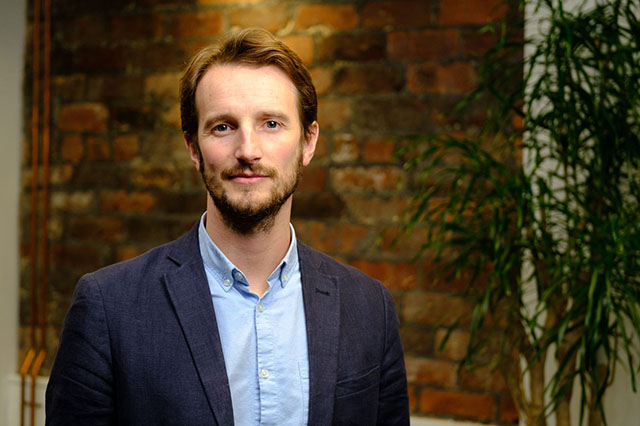
www.buildingsandcities.org/about/david-glew.html
David Glew

Professor David Glew is the Head of Energy Efficiency and Policy in the Leeds Sustainability Institute, based at Leeds Beckett University, where he undertakes research into the sustainability of the built environment.
He has special interest in the embodied and operational energy use of buildings, improving building performance evaluation tools and models and investigating how behaviour change can address issues including indoor air quality, thermal comfort, the performance gap and achieving zero carbon living.
His recent research projects have evaluated the energy performance and risks associated with domestic retrofits and investigated the robustness of building energy models and thermal simulations.
Latest Commentaries
Decolonising Cities: The Role of Street Naming
During colonialisation, street names were drawn from historical and societal contexts of the colonisers. Street nomenclature deployed by colonial administrators has a role in legitimising historical narratives and decentring local languages, cultures and heritage. Buyana Kareem examines street renaming as an important element of decolonisation.
Integrating Nature into Cities
Increasing vegetation and green and blue spaces in cities can support both climate change mitigation and adaptation goals, while also enhancing biodiversity and ecological health. Maibritt Pedersen Zari (Auckland University of Technology) explains why nature-based solutions (NbS) must be a vital part of urban planning and design.